Difficult and prolonged negotiations between the UK and EU27 have not resulted in any trade deal as yet and the prospects to reach a deal by 2019 look pretty slim. And how can it? When British parliament and it’s MP’s cannot even agree on a common approach to Brexit, how to move forward?
Brexit Tribulations
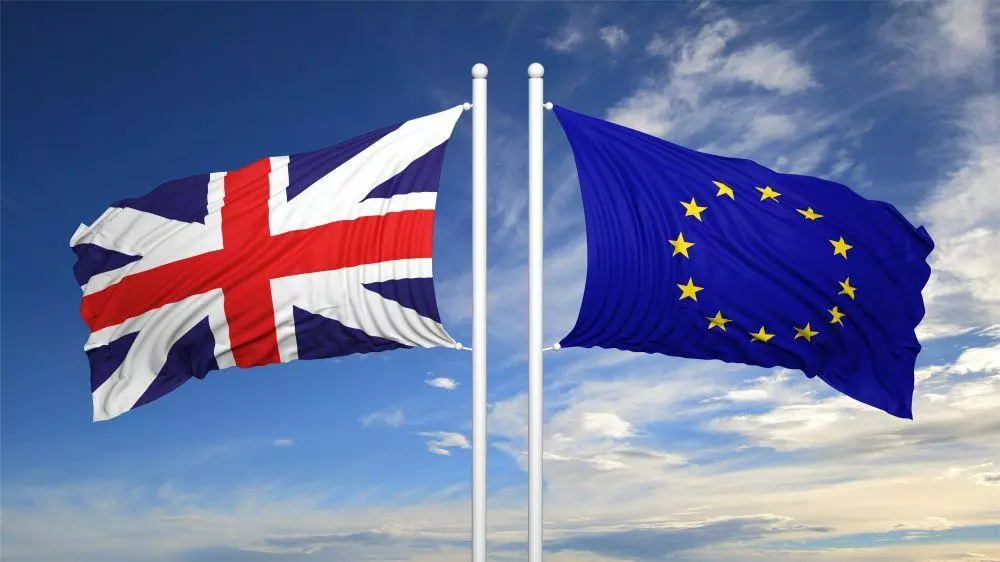
There are voices of opinion on both sides of the Brexit debacle but no one really knows the way forward.
Prime Minister Mrs Theresa May appears to flip-flop on many subjects such as immigration, trade deals and the rights of EU citizens in the UK after Brexit is finalised.
In the process of Brexit, the UK economy is on a rollercoaster ride with the Bank of England considering interest rise or not and the Pound is oscillating like a cardiac monitor.
Since Brexit, the Pound has fallen significantly resulting in inflation nearing 3%, the highest since April 2012.
The reality is that UK needs the EU and the EU needs the UK.
The longer the Brexit negotiations drag on, the longer it will take to stabilise the UK economy and remove uncertainties facing most companies, especially in the financial sector.
The Brexit Exodus
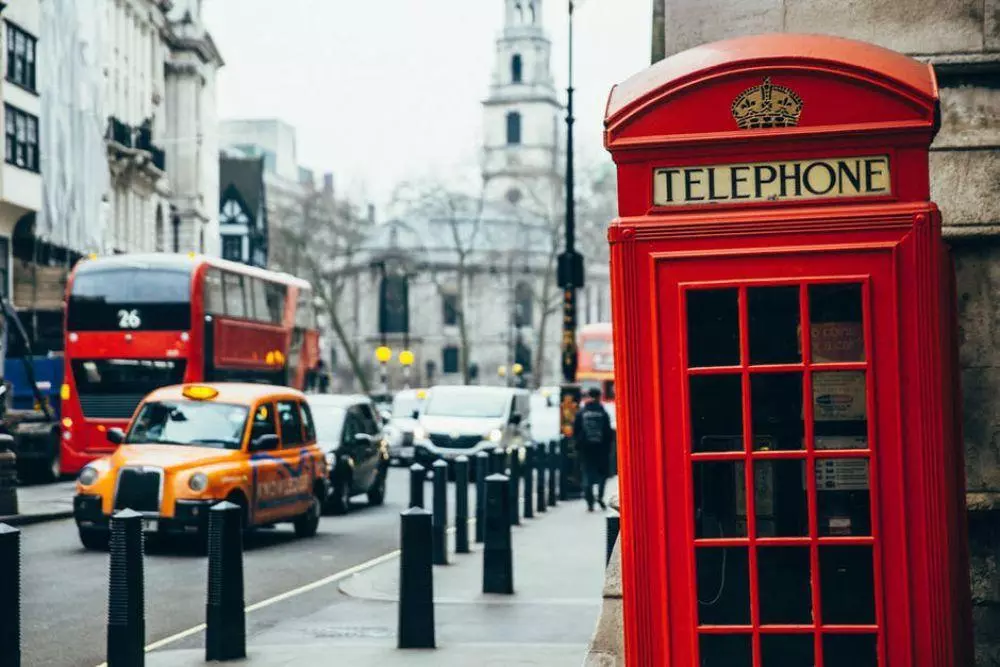
London could lose it's coveted position as global financial centre and this would greatly affect the financial industry in the City.
With 8% of the UK’s GDP coming from banking and finance, the knock-on effects on other sectors – retail, education, entertainment and transport – will be considerable.
It is estimated that more than 10,000 UK banking positions could be shifted to the EU because of Brexit and this number could even rise as high as 13.000 jobs lost to overseas banking centres.
A PwC report commissioned by TheCityUK estimated that between 70,000 and 100,000 financial services jobs could be lost from London after Brexit.
Relocation cities include Dublin, Paris, Frankfurt, Berlin, Amsterdam with Luxembourg also as smaller contender.
At the moment, it appears that biggest winner of the Brexit vote among other European financial centres seems to be Frankfurt. Seven of the 12 largest investment banks with significant operations in London are planning to open offices and moving their operations to Frankfurt.
This week Mr Lloyd Blankfein - CEO of Goldman Sachs - hinted moving away 1000 jobs to Frankfurt. This follows many other banks and financial institutions such as The 12 largest investment banks (with significant operations in London) including Barclays, BNP Paribas, Citigroup, Credit Suisse, Deutsche Bank, Goldman Sachs, HSBC, JP Morgan, Lloyds, Nomura, Standard Chartered and UBS.
The following major banks that are considering moving staff to other financial centres in the EU27:
Goldman Sachs – 1000 jobs – Frankfurt
JP Morgan – 4000 jobs – EU27 (city undisclosed)
Deutsche Bank – 4000 jobs - Frankfurt
UBS – 1500 jobs – EU27 (city undisclosed)
HSBC – 1000 jobs - Paris
Morgan Stanley – 1000/300 jobs – Frankfurt/Dublin
BNP Paribas – 300 jobs – EU27 (city undisclosed)
Barclays – 150 jobs – Dublin
JP Morgan – 100 jobs – EU27 (city undisclosed)
Nomura – 100 jobs – Frankfurt
The longer the uncertainties of the Brexit outcome, the more the London based financial industry will consider leaving or moving parts of their operations to overseas EU banking and financial hubs.
Practical Implications of Brexit
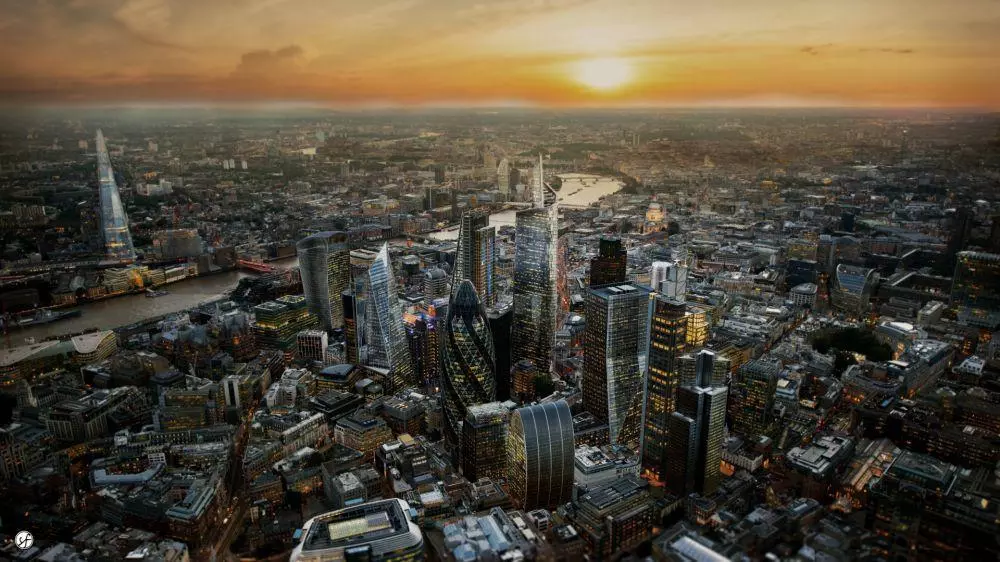
United Kingdom is an island reachable only by air, sea and a single tunnel between UK and France.
This means that any person and all goods must enter through the recognised transportation hubs and infrastructures such ports, airports and the Eurotunnel, which stretches 35 minutes between Calais and Folkestone.
Bulk goods such as foodstuffs, machinery and general merchandise will not be flown in the U.K. due to the high cost associated with airline cargo, therefore these items will most likely be transported by container or lorry.
Containers can be transported by sea to the many ports around the UK, however lorries will either have to go through the Eurotunnel or by ferry to key ports such as Dover, Harwich, Portsmouth, Plymouth, Hull, Newcastle and Liverpool.
To put things in perspective, the UK imports 53% from other countries in the EU in 2016.
The UK exports about 44% in goods and services to other countries in the EU in 2016 - £240 billion out of £550 billion total exports.
The rest of the EU sells about £70 billion more to UK in goods and services therefore the UK runs a “trade deficit” with the rest of the EU.
Total export of goods and services to other EU countries was worth £240 billion in 2016, while exports from the rest of the EU to the UK were worth about £310 billion.
If no new trade deal is negotiated and future trade would took place under World Trade Organisation rules, than the UK would have to pay tariffs and face many other barriers to trade.
The Eurotunnel is the main gateway for the movement of goods between the UK and EU, total goods transported amounted to 21.3 million tonnes in 2016.
Regardless if there will be a good, bad or no deal, if the UK does not remain in the European Customs Union, it will face a logistical nightmare.
All inbound lorry traffic will be stopped at the border and the old practice of submitting customs clearance documents will severely delay any lorry from entering the UK. This matter was already a big problem before the EU borders were opened to allow the free movement of persons and goods within the EU. Lorries entering the UK through mainly through the Eurotunnel and Dover would be stuck in the transit area of the port, awaiting for custom documents to be cleared by HM Revenue & Customs, a process that could take all day and some cases even days on end.
Returning to this cumbersome and time consuming practice in the 21st century will be a big disadvantage to the UK industry and economy and will in all likelihood increase the costs of imported goods significantly.
Brexit minister David Davis has suggested that by focusing on domestic production and agriculture, this will benefit local farmers and UK businesses.
In theory this sounds great, in reality however it will probably only achieve the opposite, prices for food and consumer goods will only increase. Even if there will be a focus on domestic production, many of the ingredients/materials will be imported such as oil, bulk commodities (grain/iron ore/etc.) and big-ticket items such as cars and machinery of all kinds amongst others.
Costly imports will only result in expensive production.
The Gap
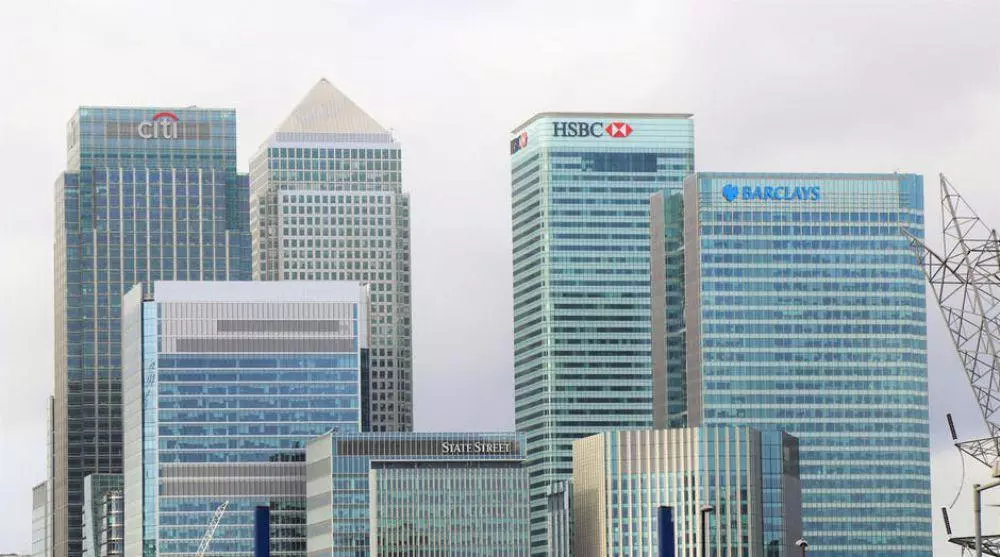
Brexit negotiations are on-going and the outcome is still far from clear.
Prime Minister Theresa May has just returned from Brussels trying to mediate in Brexit negotiations that are in a deadlock. Following high-level meetings with the ministers of the EU27, PM Mrs May emerged giving a positive and optimistic outlook on the Brexit negotiations.
The main issue currently being discussed is the Brexit "divorce" bill which is estimated to be anywhere between £20 to £100 billion.
The amount both sides - UK and EU27 - appear to agree to is somewhere around the £ 50 billion mark.
The second major point of discussion is immigration and the plight of EU citizens living in the UK and British citizens living in the EU. On this point there appears to be some form of understanding and agreement that the resident status of all expats will be ensured through fair immigration laws.
If all goes well and there's a mutually beneficial trade agreement between the UK and EU27, both sides are aiming for a clean breakaway sometime in 2019.
During this period of Brexit negotiations, followed by the re-establishment of borders complete with Border Force and HM Revenue & Customs controls, there will be a prolonged transition period which will not only result in massive bureaucracy, but a drain on the UK budget.
Re-establishing the infrastructures to control and regulate imports & exports and the movement of people will be a costly affair and very time consuming, a matter that appears to be overlooked by Parliament and the establishment.
The challenge that lies ahead is to ensure the smooth transition from the old to the new, from when the UK finally breaks away from the EU and starts to become independent again. This will involve a lot of change and will require adaptation, as then the British people will have to come to terms with their decision to leave the EU. Closing the UK borders to “outsiders” means a certain isolationism because free movement of people will be disrupted and the UK will be a missing part of the EU.
The way the transition period will be handled will be crucial to the success of Brexit and this will take time. It will also affect the economy as unforeseen economic events may happen such as the Pound Sterling losing even more in value or inflation rising even further.
The transition period between pre-Brexit and post-Brexit will be a gap that will be wider than anticipated.
And it’s going to get worse before it gets better.


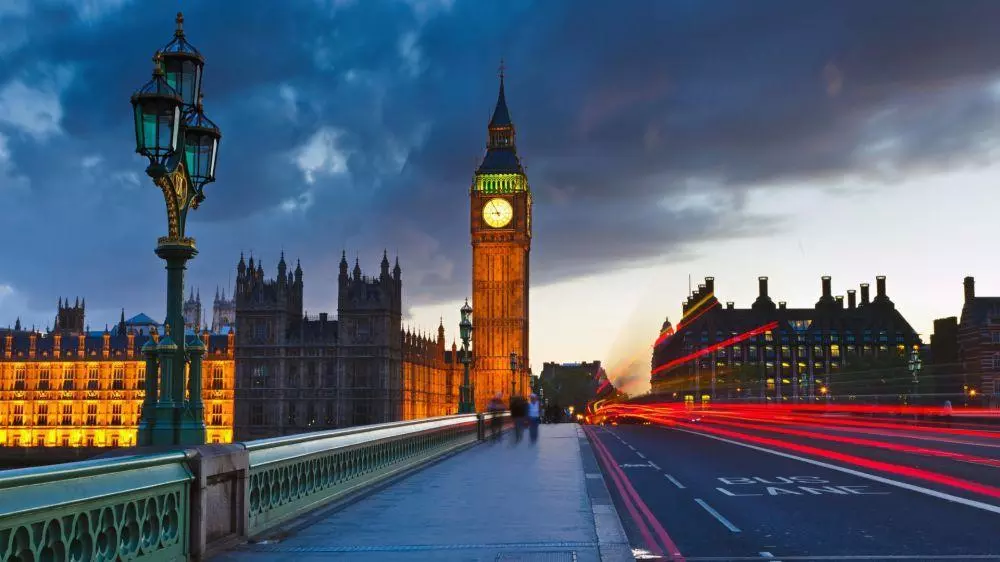





Leave your comments
Post comment as a guest